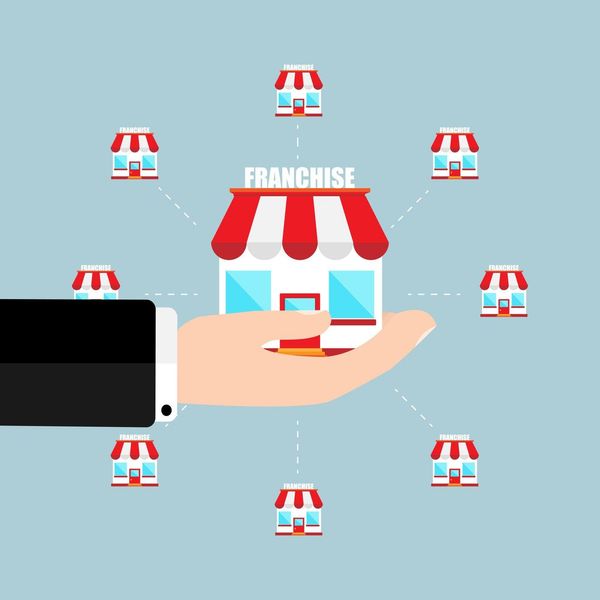650 Franchise Lawyers Gather
I attended the annual American Bar Association franchise lawyer’s conference in Toronto last week. I have always thought it would be eye-opening for franchisors and franchisees alike to take in the conversation at this annual meeting. Lawyers bring a slant to franchising that would amuse and appall most business people in franchising.
Six hundred and fifty franchise lawyers in one place. When I told one of my clients where I was, he muttered quietly to himself, “That’s a little scary.”
Beyond the obvious analogies to visiting the dentist, imagine sitting in a two-hour seminar on the procedural and tactical aspects of class action lawsuits against a franchise system, or examining the state law trends in litigating non-compete provisions. This is one of the few times during the year when franchising’s legal professionals discuss these arcane subjects among ourselves, and of course we revel in it. We compare notes, tell war stories, and wrestle awkwardly with really weak PowerPoint presentations.
Actually, the Forum on Franchising of the American Bar Association is one of the most collegial and welcoming organizations in the entire bar association, and it is always a pleasure to attend. A few tidbits from the meetings:
One seminar was titled “Is Franchising Abandoning Arbitration?” The answer offered by the seminar leaders is No, apparently. It is alive and well and the numbers are only very slightly down over the past decade. An interesting stat: in a 2007 study, 43.7 percent of franchise agreements contained a mandatory arbitration provision (down from 45 percent in 1999); and of those, fully 85 percent named the American Arbitration Association as the organization to administer the process, and more than half specified there would be a single arbitrator (as opposed to a panel of three arbitrators).
A program on mediation was intriguing: across the board, mediation boasts a success rate of about 80 percent (!). In Australia, where mediation is a mandatory feature of government-imposed ethical standards, the success rate is 78 percent. I am convinced mediation will play an increasing role in resolving franchisor-franchisee disputes in the U.S. If mediation is not built into your franchise agreements, it should be.
A featured plenary speaker, a consultant from Australia, threw out a fascinating mix of psychology, science, and common sense about what it takes to build healthy franchise relationships. Some conclusions:
- Franchisees fundamentally need to feel respected.
- Unhealthy franchise relationships have a substantial and serious commercial impact on the franchisor.
- It is the wrong psychological approach to describe a franchise system as a “family,” which, as we all know, can often be dysfunctional and can foster feelings of abandonment when a change occurs, such as a sale of the franchise system. Better: the franchisee is part of a “community.”
- Franchisor communication skills, especially listening skills and a respectful tone, can yield dramatic improvements in the psychological well being of franchisees.
Always an interesting gathering.
Andrew Caffey is one of the nation’s leading franchise legal specialists and he represents franchisors across the United States. Caffey served as General Counsel of the International Franchise Association, a member of the Governing Committee of the ABA Forum on Franchising, and Chair of the ABA Forum on Franchising. He also is a member of the bar in Maryland and the District of Columbia, and a member of the Panel of Neutrals of the American Arbitration Association. Caffey has appeared on numerous franchise programs and is a frequent speaker and author on subjects of franchise and business opportunity regulation. Contact him at acaffey@gmail.com.



